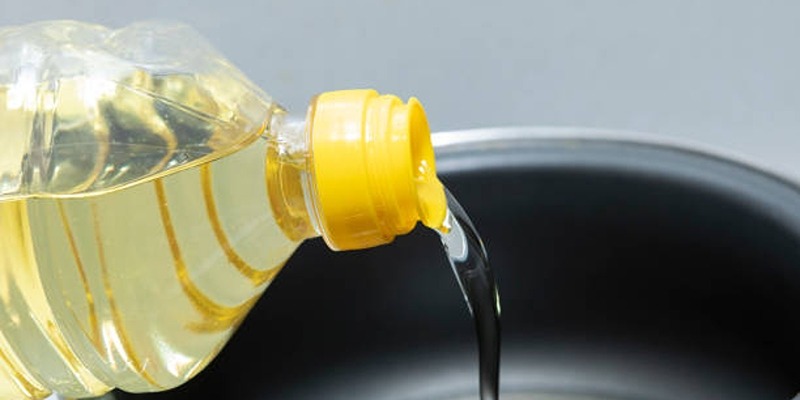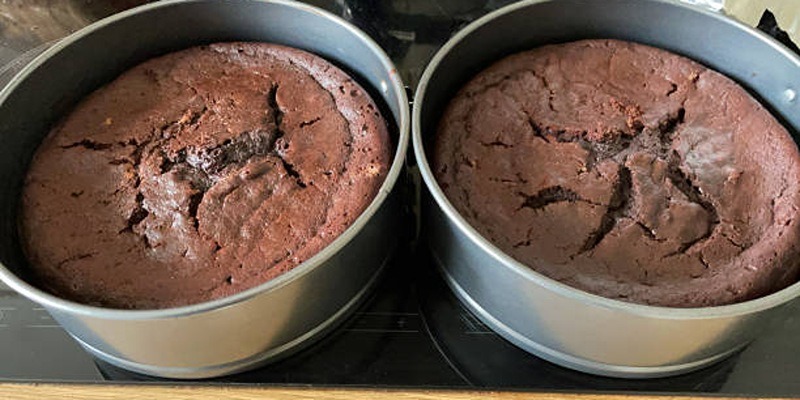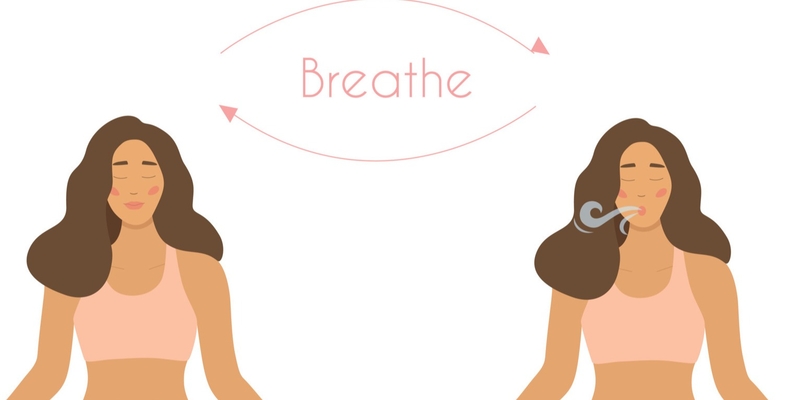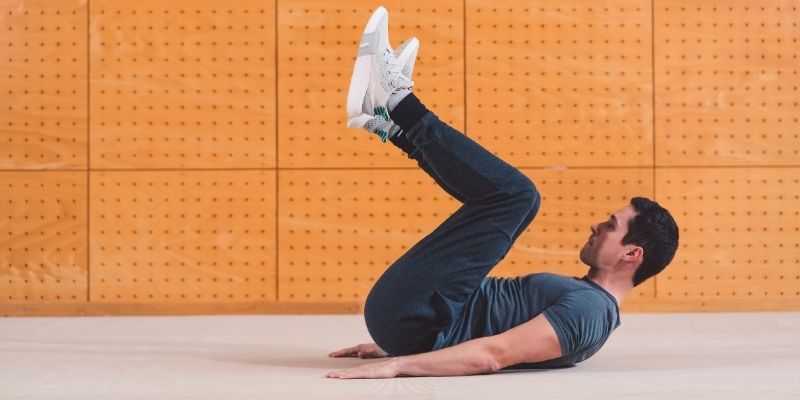Hair loss is another issue that most women experience after childbirth, usually about three months after delivering the baby. The levels of hormones rise and this leads to the hair not shedding hence growing denser. However, after the hormonal levels go back to the normalcy after the delivery, the excess hair starts coming off, causing hair loss. It is crucial to deal with this problem to keep confidence and have healthy hair. In this article, we will discuss about the reasons behind the hair loss, the ways to minimize hair fall, natural methods, and when to consult a professional for hair problems.
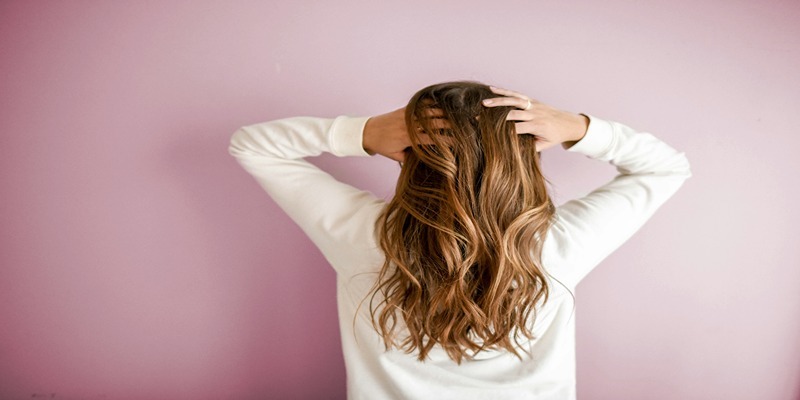
Tips to Reduce Hair Fall
Maintain a Balanced Diet
One should ensure that they take a balanced diet to avoid postpartum hair loss and also to ensure that ones hair grows back. Protein, iron, zinc, vitamin A, C, D, and E are some of the nutrients that are critical for hair. Hair is made of protein; thus, foods such as lean meats, fish, eggs, and legumes should be included in the diet. Spinach, beans, and red meat, all these are iron containing foods that help in preventing anemia which is one of the leading causes of hair loss. Zinc helps in the growth of hair tissue and also in its repair; vitamin A and vitamin C are also good for the scalp. It is recommended that you take foods rich in vitamins and minerals in your daily diet to ensure you get the right nutrients for healthy hair.
Gentle Hair Care Practices
One should avoid vigorous hair combing, brushing or washing as this can cause hair loss after birth. Do not use chemicals such as bleach, perm or heat that are likely to damage hair and result to breakage of hair. Avoid any hairstyles that exert pressure on the hair; these include ponytails that are low and loose braids. When combing wet hair, make sure to use a wide-tooth comb to avoid breaking the hair, comb starting from the tips of the hair and moving up. A sulfate-free mild shampoo, and a moisturizing conditioner should be used to wash hair and keep it soft without drying it out. Trims also assist in eradicating split ends and retaining hair health and also need to be done frequently.
Scalp Massage
Postpartum hair loss can be prevented by scalp massage and people should consider it as an easy method to encourage hair growth. The act of massaging the scalp increases blood flow to the head and the hair follicles, which in turn means that hair follicles get the nutrition and oxygen they need for hair growth. It is recommended that you spend at least five minutes in massaging your scalp every day. It is also useful for decreasing tension, promoting good scalp condition, and stimulating hair development, which is why incorporating this practice into your hair care regimen is recommended.
Use the Right Hair Products
It is therefore very important to select the right hair products for use during postpartum hair loss and hair care. Choose hair washing products that will help to improve the hair and encourage its growth. Search for products with biotin, keratin, and collagen as these work to strengthen the hair shaft and reduce instances of breakage. Do not use products that contain sulfate, paraben, and synthetic fragrance as these tend to dry the hair and cause more damage. Also, it is recommended to apply leave-in treatments, and serums that will give the hair even more nutrients and shield. The same can also be applied to deep conditioning masks which can be used quite often to replenish the loss of moisture and repair damaged strands to keep the hair strong and healthy.
Natural Remedies for Postpartum Hair Loss
Postpartum hair loss is a common issue that many women face; therefore, essential oils are considered the best natural solution to this problem. Apply and let it sit for at least 30 minutes before rinsing it out with a mild shampoo, if you have one. Essential oil use should be done frequently in order to enhance hair elasticity, decrease the hair breakage, and improve the condition of the scalp.
Another natural remedy that can be used in the fight against postpartum hair loss is the use of herbs. Some of the examples of such herbs include amla (Indian gooseberry), methi (fenugreek), and bael (stone apple) that are said to nourish hair and make them strong. Amla is particularly packed with vitamin C and antioxidants which are effective in halting hair fall and promoting hair growth. Fenugreek seeds are rich in protein and nicotinic acid which are good for hair and prevents hair fall. For instance, to prepare fenugreek for hair treatment, one has to take seeds, soak them in water for one whole night then grind them into a paste form which is then applied on the scalp. It is recommended that the mixture should be left on the hair for 30 minutes before washing it off. Daily usage of the herbal treatments will thus enhance the hair strength and decrease post-partum hair loss.
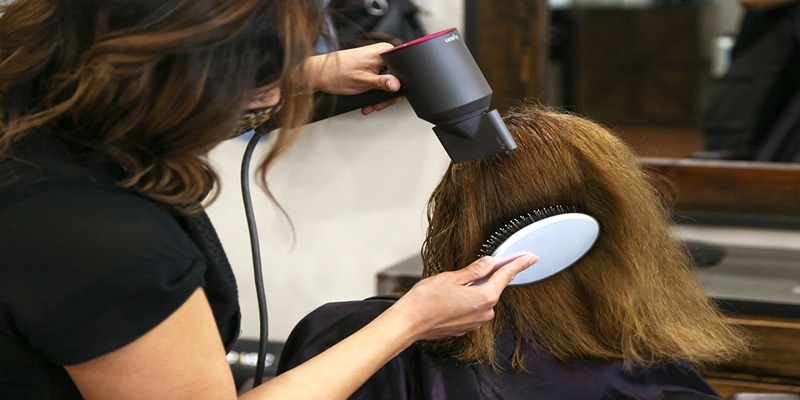
Conclusion
This is an experience that most women go through after childbirth and while it can be frustrating, it is not something that cannot be dealt with. Thus, by knowing the causes and following the tips like a healthy diet, gentle hair treatment, scalp massage, and the use of suitable hair products, hair fall can be minimized and hair growth can be improved. Other treatments include use of natural products such as oils and herbs while consulting a professional makes sure that there is treatment of the causes of the problems. Adhering to these tips enables you to easily take care of your hair and get your confidence back.
